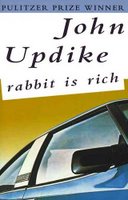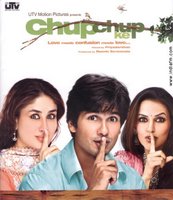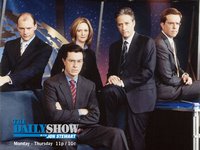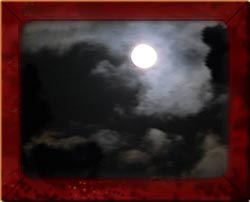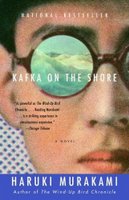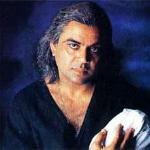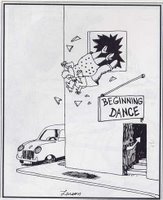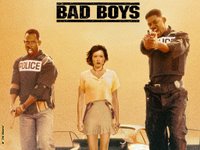
I was startled to discover an uncomfortable thought the other night. Is it possible that men, particularly boys, are neglected in our culture, in our world? Being a staunch feminist, it pains me to even consider the possibility that men might not always be lapping it up at the shores of priveledge. Just to be clear, I am not saying they aren't either. Just that...there's a fly in my world view ointment.
Hear me out. (read me out? whatever).
I was watching
Mean Girls last week, a movie that against all odds, I actually enjoy. At the conclusion of all that mean girl angst, Lindsay Lohan cries out to all girls to see each other as "human beings" instead of "plastics". Yes! Sisterhood celebrated! Forget the outside, it's the inside that matters. How nice. We don't see enough of this, I thought magnanimously. Then I flipped the channel forward and I caught the tail end of the
Sisterhood of the Traveling Pants. Yes! A celebration of female relationships! Girl Power Rocks! How lovely. You just cannot get enough of women's relationships treasured. Next. I have a heavy switcher thumb, so I happened upon
Things You Can Tell Just By Looking At Her. Tagline. A man only sees what a woman wants him to know.When the Gods of Direct-TV seem to be beaming down a tailored message through my parents' satellite dish, you blog about it.
Except for very few noteworthy exceptions--Salinger's Cather in the Rye, and of course the much touted
Brokeback Mountain--male friendships, male identity and even male sexuality are very rarely explored or even mentioned in our cultural milieu. (Well, books fare much better here, of course). And I am not talking about the hyper-masculine, frat-boy posturing of the American Pie movies and their like, or Tom Cruise's Mission Impossible franchise. Or Howard Stern's unrestrained ugliness. I am talking about movies that seem to find that joy and pleasure possible in male friendships and sexuality, without resorting to thinly-veiled misogyny.
In an
interview, Dan Savage (the notorious sex advice columnist) said the following about straight men:
I feel so sorry for straight guys. Because their sex lives are a terror, and are really circumscribed by straight guys policing the behavior of other straight guys—"Hey, you're a fag"—and by gay guys policing their behavior, and straight women. Paradoxically, straight guys run the world, but sexually, they're so imprisoned and it's not just a prison of their own creation. A girl goes to college and eats a little pussy and gets over it, and nobody thinks she has to be a lesbian because she did that disgusting pussy-eating thing once or twice. A straight guy goes to college and once or twice gets drunk and goes down on another guy, and if it gets out there, nobody's ever going to think he's straight, ever. It doesn't matter how much pussy he eats after that, or how many kids he fathers by a woman, he's secretly a fag. There's a problem with straight-male sexual identity where it's just a mass of negatives. It's not defined really by anything positive. Being a straight guy is not being a fag, not being a woman, and not doing anything that fags or women do, like have feelings or sit-ups or anything.Of course feminists have had these discussions (hell, we are the ones who started it), about the rigidity of gender identity, and more specifically the obtuseness of gender identity politics in our culture. Nobody really knows what's up with men and women, but feminism has given us plenty of reasons to distrust the status quo.
But what amazes me is that, unlike even five years ago, these discussions are being held in main-stream, non-feminist, public spaces. They are not at all restricted to women's studies courses in dusty university classrooms. That's the good news. But what is dismaying is that the seeming rise in feminist enlightenment, has not benefited men in any way. There continues to be a lack of conversation around male identity and sexuality that isn't steeped in the same, frothing manliness that has always plagued it.
Savage's point about male sexuality (and identity) being defined by negatives, and most explicity--anything that is not female--is cogent and forceful. What a sorry vision of masculinity.
One of the many things that feminism helped do, is to explore femininity (and gender), coaxing it out of its nice-ness, and gentle-hood. But there has never been a masculinism for boys and men. All men have had is stifling patriarchy on their side--it's like having a belligerent and ignorant, but rich and powerful, old goat on your side. One we all know to be void of imagination, intelligence or reason.
 Bald Marys
Bald Marys
